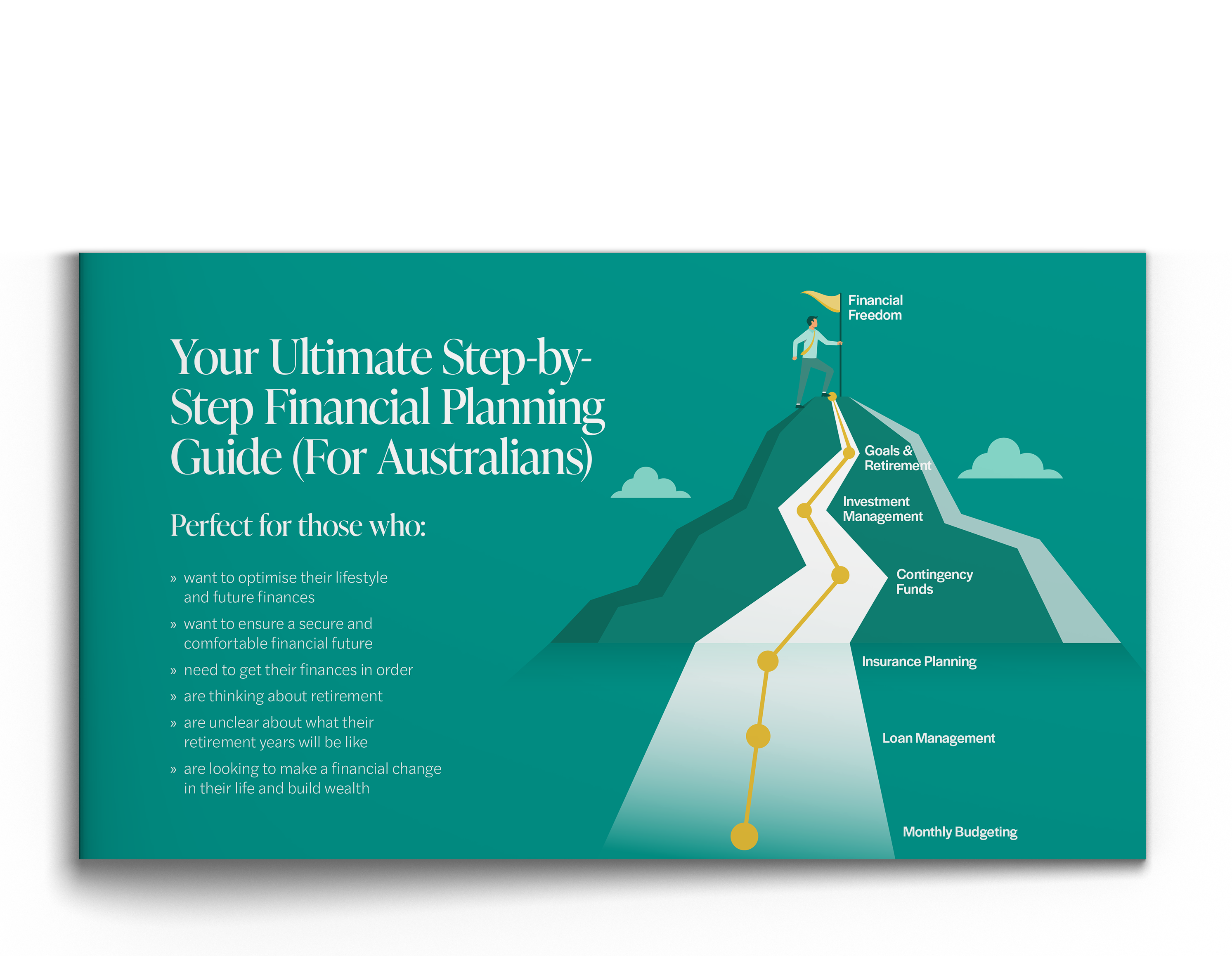It’s 2022. Inflation is running rampant; interest rates are taking a steep hike both here and abroad. Is the economy about to plough into a recession?
What’s the situation on the ground?
World-leading investment firm Deutsche Bank has reported that the Australian stock market is down over 10% from its recent all-time high, with high-performing stock and property prices also plummeting in value. Safer investments, namely government bonds, have had their worst start to the year since the 1700s.
AMP chief economist Shane Oliver observes that on top of the falling Australian’s shares, global shares are returning around negative 10%. As a result, balanced growth superannuation funds are estimated to have seen a negative return of around 3% to 5% over the last financial year.
Data from property market research firm CoreLogic reflect the sharpest slowdown in the property market in the past 30 years.
Cryptocurrencies are on the nose too. Bitcoin has never seen such levels since November 2020.
Who’s a worry wart now?
Digging deeper into worries
The biggest worry is that in deliberately trying to slow the economy down with these intense interest hikes, the RBA may end up slowing the economy so much that it actually slides backwards. Over the past few weeks, the RBA hiked their cash rate by 75 basis points, which was the biggest life in 22 years. Plus, this push is expected to continue until at least September.
Most economists, including the Reserve Bank governor, are forecasting inflation to peak at 7%.
Such an aggressive stance could potentially choke off the velocity of money in the economy and float the cost of borrowing and spending up.
Former Treasury economist Warren Hogan believes there is now a 50% chance of a recession in Australia next year.
What’s rooming with recession going to look like?
AMP Ltd economist Diana Mousina tries to answer this question.
“The 75 basis points worth of interest rate hikes so far have already dampened economic activity, as we see further decline in home prices, a fall in consumer sentiment and some slowing in weekly consumer credit card spending,” said Mousina.
“The high inflation environment — especially on essentials like electricity, gas, petrol and food — is also adding to weakness in consumer spending.”
The AMP team has further downgraded Australia’s growth forecast due to probability of interest rate rises over the next six months.
“We now expect GDP growth to rise by ~2.7% over the year to December 2022 (well down from ~4% expected early this year) and 2.5% year on year to December 2023,” said Mousina.
“We see the unemployment rate rising back over 4% in late 2023, after bottoming at 3.5% later this year.”
Gearin’ up for the long road ahead
Here’s 3 quick ways to prepare your finances to plough the through ahead:
1. Focus on paying down your debt
When starting to pay down your debt, you should prioritise some debts over others. It’s a good idea to focus on paying off debt products with higher interest rates, such as credit card debt or a personal loan. Speak to our team about a balance transfer credit card or a debt consolidation loan to save money on interest and possibly repay your debt quicker.
2. Build up your emergency savings
In times of economic uncertainty, it isn’t unusual to see a fall in the value of stocks and other assets, so you might want to consider stocking your emergency fund with cash, a much safer and more liquid form of protection. Once you’ve started building up your emergency savings, it’s important you have leave it in a nest with high(-ish) interest rates. Speak to our team about the possibility of different strategies to make sure your deposit is safe and protected under the Australian Government Guarantee Scheme.
3. Sort out your mortgage
It’s a good idea to start thinking about paying down your mortgage faster. The average borrower will spend hundreds of thousands of dollars as a mortgage is often the biggest debt most people have. Speak to our team about the possibility of minimising your loan interest without losing money you may need later. For example, do you have an offset account for your home loan?
Taking control of your finances is daunting at the best of times. When facing a recession, it’s even scarier. We hope that the information on this page helps you save money on your financial products and helps you make some good decisions.
If you need personalised advice based on your affairs, please reach out on 1300 815 921 or at info@greenassociates.com.au.
At Green Associates, all of our advisers are fully licensed and listed on the ASIC Moneysmart Financial Adviser Register. Green Associates is committed to providing the best solutions for you and your wealth-creation journey.



